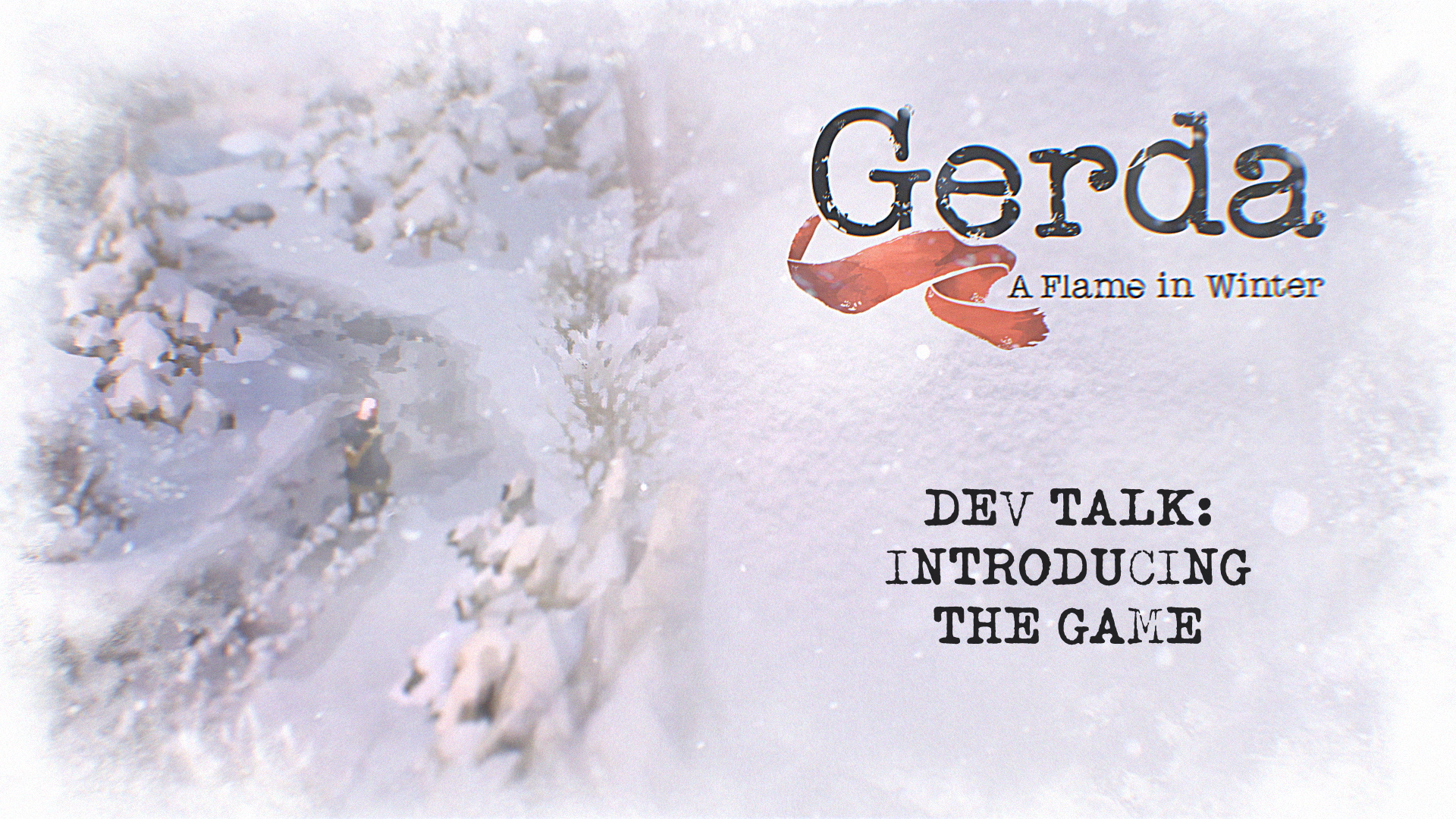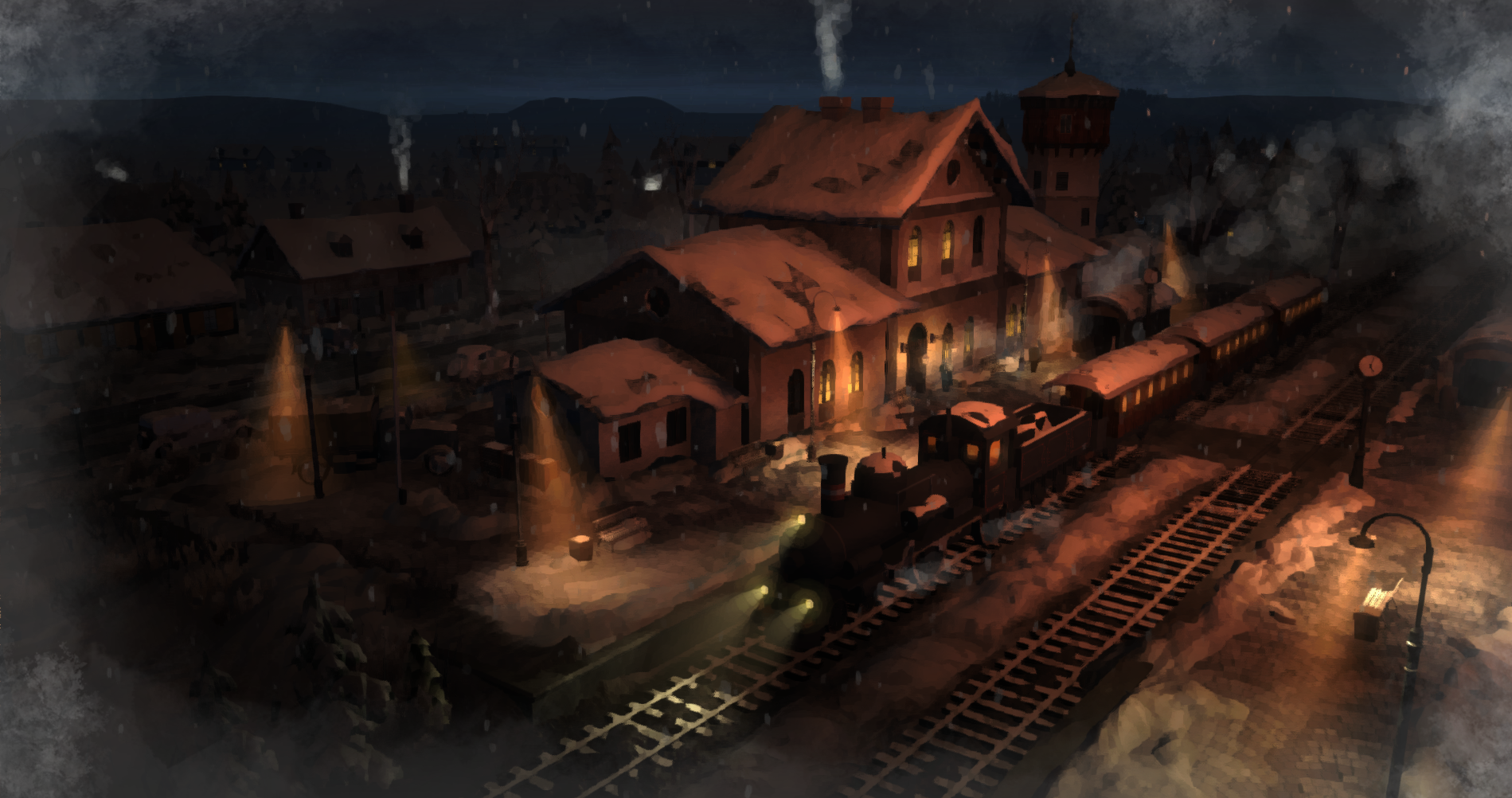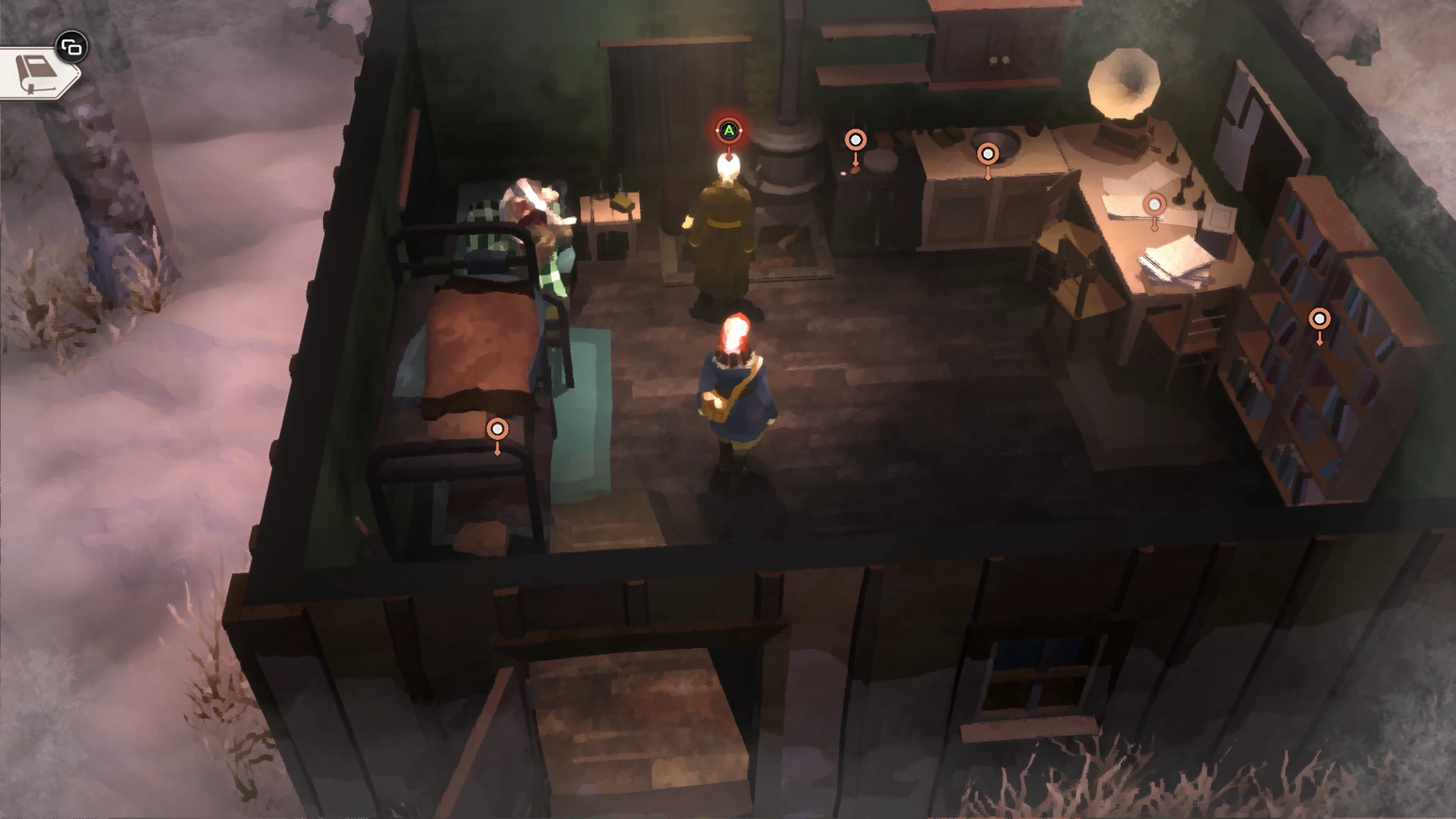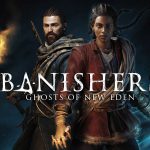Dev Talk #1 – Hear from the devs of Gerda: A Flame in Winter

Check out the first in a new mini-series of dev talks with Hans and Shalev from PortaPlay, the developers behind Gerda: A Flame in Winter.
We recently had the pleasure of hosting some of the PortaPlay team in our Paris office and we thought we’d make the most of it by recording an interview with them so you could learn more about Gerda: A Flame in Winter and the people behind it!
The first in the series introduces the game straight from PortaPlay’s mouth. We hear from Hans Von Knut Skovfoged, the CEO and Creative Director, and Shalev Moran, the Lead Designer. Together, they talk more about the game, the tough situation Gerda is forced into, and how hard it will be for her to get out of it unchanged.
Save the date – you can wishlist Gerda: A Flame in Winter on Steam so you don’t forget the date! It releases on September 1, 2022, on Nintendo Switch and Steam.
Can you introduce yourself and your title at PortaPlay?
Shalev: Hi. I’m Shalev Moran. I’m the lead designer at PortaPlay.
Hans: Hi I’m Hans Von Knut Skovfoged, I’m the CEO and Creative Director at PortaPlay.
Can you tell us more about Gerda: A Flame in Winter?
Shalev: Gerda: A Flame in Winter is an adventure RPG somewhere in the middle between these two genres. A game where you make a lot of decisions about your relationships and your connections to different people while trying to navigate a lot of tense situations.
Hans: The game is about a normal woman, a civilian, which during wartime is met with a lot of different challenges and dilemmas caught between the occupational forces and the local inhabitants. Someone in her family is in danger and she has to save them. But how? How can you stand up to oppression when you’re just a civilian?
What are the questions you seek to ask with this game?
Shalev: What are the questions that we seek to bring up with Gerda: A Flame in Winter? Perhaps first and foremost is how are you willing to act when you don’t have a clean way out? In times of crisis, you don’t get to be the image of justice. You have to get your hands dirty or you have to make choices that are not perfect and will not satisfy everybody. And when that happens and you still have to act, what kind of action do you do? So that’s maybe the first motivation.
Hans: Another motivation for doing Gerda is we really wanted a game where there was other ways of solving things than shooting and blowing things up. We really wanted a game where you as a nurse and not only a nurse who tries to save lives, but a nurse who’s half Danish and half German, so have family on each side of the conflict, helps to solve the problem. And if your course in life to save lives, then of course, you have to somehow try to save everybody. So doing a game where you try to figure out ways to solve this, to save as many people as possible, has been one of the goals with this game and trying to do that. Well, it might be hard, it might be easy. It might be impossible. We won’t reveal that. But we can just say, as in real life, then pleasing everybody can be really hard.




